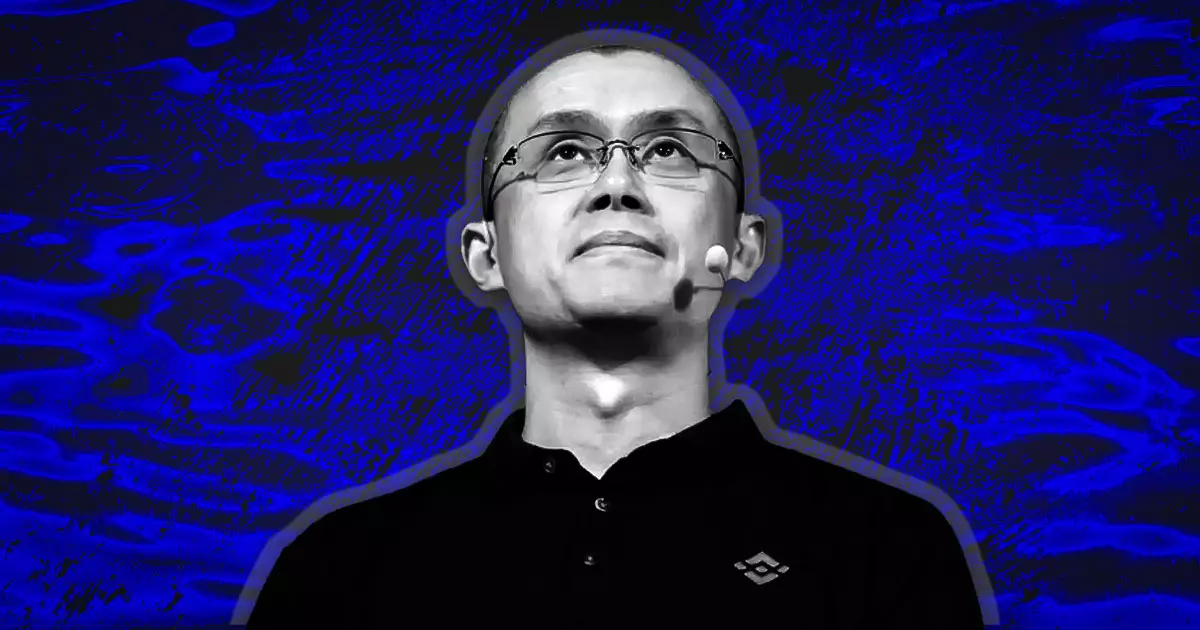The U.S. Department of Justice (US DOJ) has taken action to prevent former Binance CEO and founder Changpeng ‘CZ’ Zhao from leaving the continental United States before his sentencing. This decision comes after Binance and CZ pleaded guilty to charges of Bank Secrecy Act violations and agreed to settle the lawsuit by paying $4.3 billion. As part of the settlement, CZ stepped down from his role, and he was initially granted the possibility of returning to his residence in the United Arab Emirates (UAE) under a $175 million bond agreement.
However, the US DOJ has expressed concerns regarding CZ’s potential flight risk. The department believes that if CZ is allowed to leave the U.S., he is unlikely to return for his sentencing. The DOJ cites CZ’s considerable wealth and connections in the UAE, a nation that does not have an extradition treaty with the U.S., as factors that increase the risk of him not returning. To address this concern, the US DOJ has filed a motion urging U.S. District Judge Richard A. Jones to overturn the previous decision that allowed CZ to leave the country.
The motion filed by the DOJ raises several factors that contribute to CZ’s potential flight risk. One of the main concerns highlighted is CZ’s strong family ties in the UAE. The department argues that this, combined with the possibility of facing an 18-month prison sentence, significantly increases the risk of CZ not returning for his sentencing. The DOJ asserts that despite CZ voluntarily entering his guilty plea, the fear of incarceration might influence his decision to remain with his family in the UAE, leaving the U.S. authorities with limited options.
U.S. Magistrate Judge Brian A. Tsuchida initially allowed CZ to leave the U.S. with certain conditions, such as a substantial financial bond and guarantors. However, the DOJ’s motion prompts U.S. District Judge Richard A. Jones to evaluate various factors in CZ’s case. These factors include the nature of the charges, the weight of the evidence against CZ, and his personal history and characteristics. The court will consider crucial aspects such as CZ’s character, family ties, financial resources, and past conduct in reaching a decision.
While district court judges typically do not overturn decisions made by magistrates, legal experts anticipate a vigorous defense from CZ’s legal team. They are likely to highlight CZ’s cooperation and the potential impact of his absence on his family, who are unable to travel to the U.S. However, given the unique circumstances surrounding this case, the final decision is difficult to predict. The DOJ’s motion raises the possibility of Judge Jones imposing stricter bail conditions or seeking additional assurances to ensure CZ’s return for his sentencing. We can expect the final decision to be made by November 27th.
The US DOJ’s motion to prevent CZ from leaving the country presents a significant hurdle in his legal proceedings. The concerns over the potential flight risk, combined with CZ’s personal circumstances and the unique factors in this case, make it challenging to determine the ultimate outcome.

